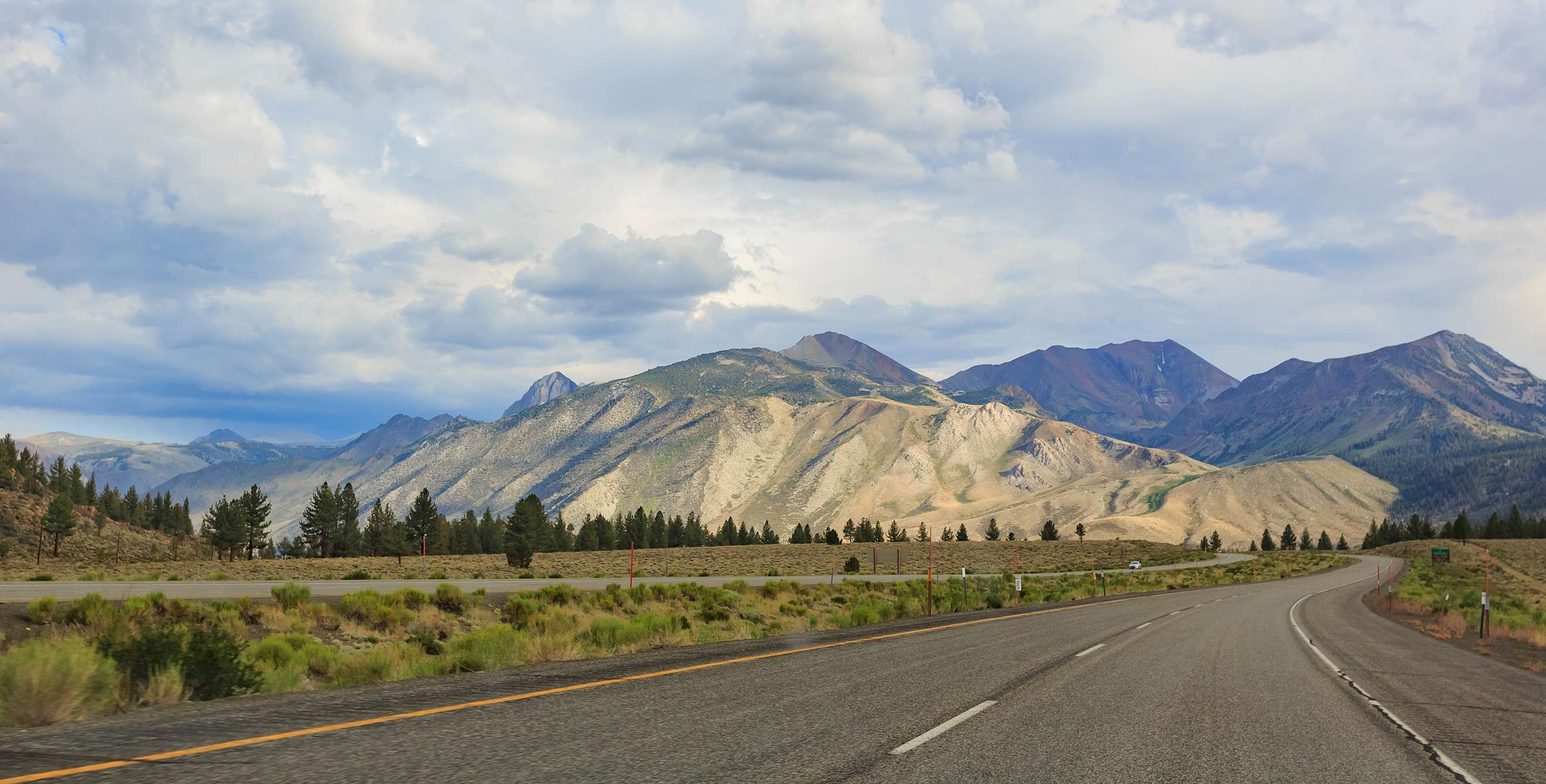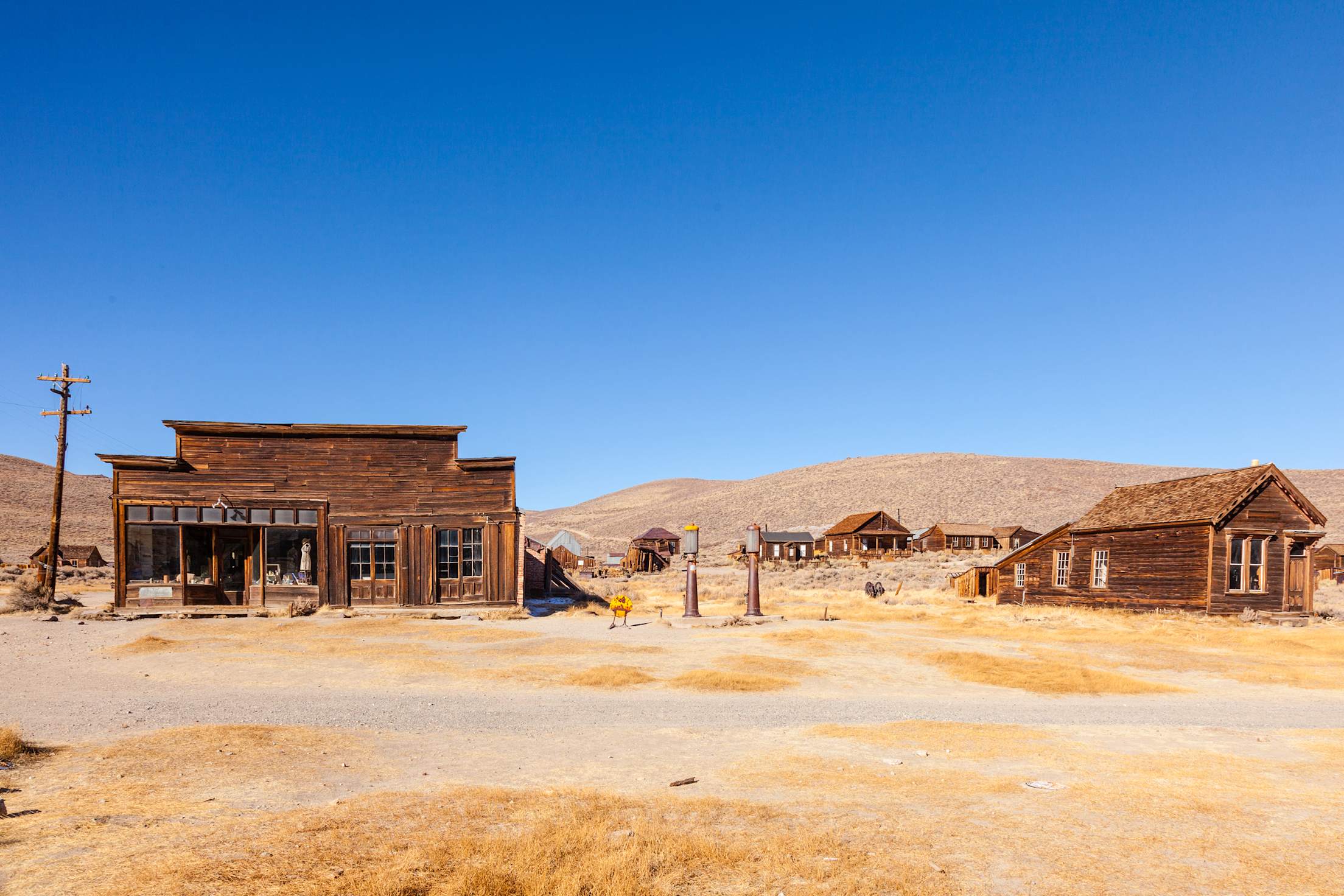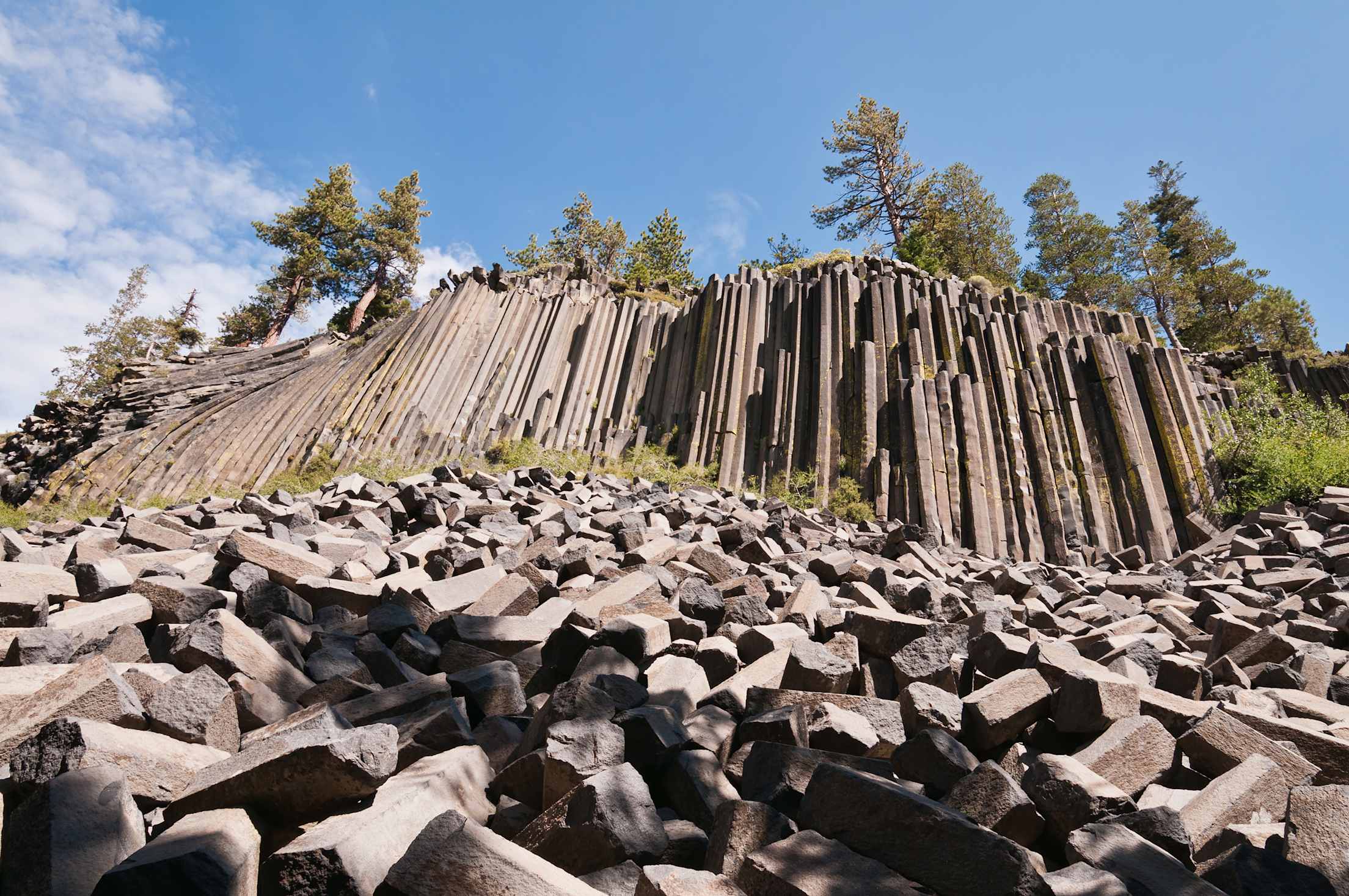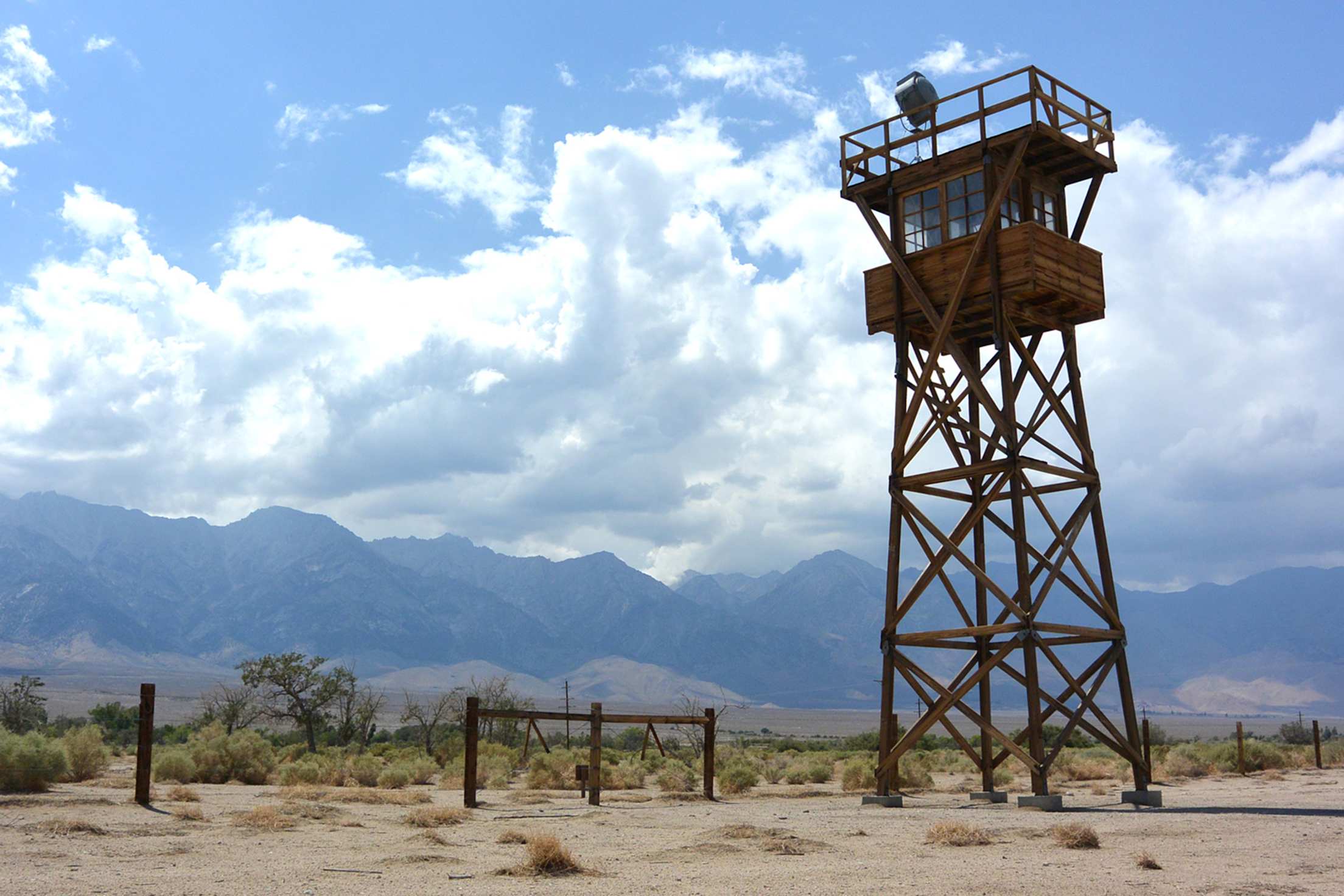
Highway 395: Your Route to the Sierra's Secret Wonders
Escape the crowds and discover the eastern side of the mountains.

On its eastern slope, the Sierra Nevada seems to end all at once. The dramatic bare cliffs plummet thousands of feet to meet Highway 395, a quiet, twisting ribbon of asphalt that feels like a secret route to backstage California. Here, on the far side of the state’s largest natural wonder, the vistas blow wide open and a string of beautiful, uncrowded attractions await.

In the ghost town of Bodie, the abandoned buildings remain remarkably intact.
To Explore: Bodie State Historic Park
One of the largest ghost towns in the country, Bodie still has more than 200 buildings from when it was a gold rush town of 10,000. See tins of coffee and spices on shop walls, cars slowly decaying on the side of the street, and interiors frozen in time.
To Learn: Mono Lake
Three times as saline as the ocean, Mono Lake is so heavy with carbonates and sulfates—baking soda, basically—that it’s dubbed a “soda” lake and gives rise to ghostly limestone towers called tufa wherever underwater hot springs bubble up. Visitors who join a one-hour Mono Lake Committee canoe tour on summer weekend mornings can paddle right over new ones as they form.

The 60-foot towers of columnar basalt give Devil’s Postpile its name.
To See: Devils Postpile National Monument
In a high mountain valley west of Mammoth Mountain, this park’s main attraction is its namesake, a wall of 60-foot hexagonal towers of columnar basalt that formed from a cooling lake of superhot lava. But don’t skip the easy walk through nearby Agnew Meadows, the perfect place to spot the purple-and-yellow petals of the Sierra shooting star and other wildflowers as the annual bloom peaks late June through mid-July. Expect to spend half a day here.

At Bishop’s new Mountain Rambler Brewery, try the Peaklet Porter on draft.
To Eat: Mountain Rambler Brewery
Try to pick out the eight named Sierra mountaintops visible through the windows of this Bishop brewpub, where the smooth, easy-drinking Peaklet Porter pairs perfectly with summer evenings and the completo burger, which comes loaded with avocado, arugula, chimichurri, and a fried egg.

A guard tower rises above Manzanar, where 11,000 Japanese Americans were imprisoned.
To Remember: Manzanar National Historic Site
For three and a half years during World War II, some 11,000 Japanese people, most of them U.S. citizens, were imprisoned behind barbed wire at this site 10 miles north of Lone Pine. During a one- to three-hour visit, the most moving experience might be standing in two spare, reconstructed barracks. There you can see how prisoners lived eight to a room with dust storms blowing through the floorboards, and hear their voices, telling their stories in their own words.